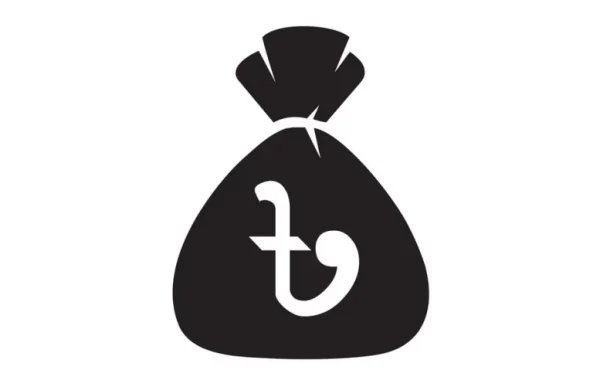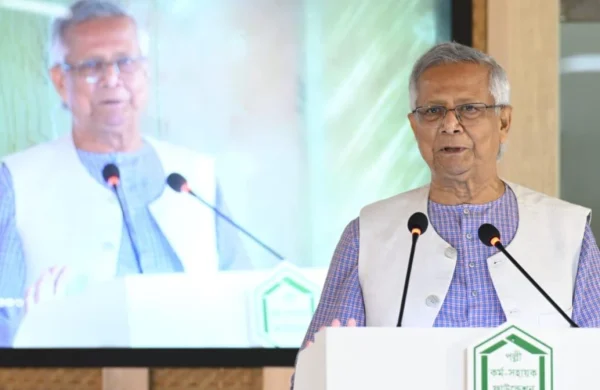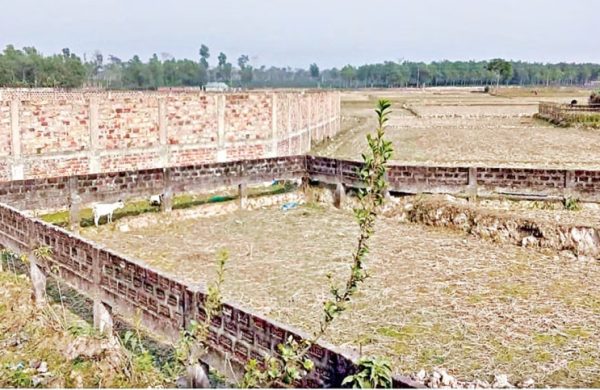Chance to whiten black money contradicts July movement: CPD
- Update Time : Tuesday, June 3, 2025

Staff Correspondent:
Centre for Policy Dialogue’s (CPD) Executive Director Fahmida Khatun believes that scope of legalising black money will discourage honest taxpayers and it contradicts the spirit of the July Movement.
The interim government in the proposed budget has given an opportunity to whiten black money through land and apartment purchases.
Castigating the initiative, Fahmida Khatun further said that this measure would increase inequality and is a blow to moral values.
When such avenues are provided to whiten black money in the housing sector, property prices rise and housing becomes unaffordable for many.
She made these remarks at a post-budget press conference organised by CPD on Tuesday morning at the Lakeshore Hotel in Dhaka.
CPD’s Distinguished Fellow Mustafizur Rahman and other researchers from the organisation were also present.
While acknowledging some positive aspects of the proposed budget, Fahmida Khatun said that the ongoing economic crisis has not been adequately addressed.
These issues should have been prioritised to support ordinary citizens and businesses, she pointed out adding that several revenue-related initiatives appear to be in conflict with the budget’s declared commitment to equity-based and sustainable development.
Fahmida Khatun reiterated CPD’s long-standing position that the opportunity to legalise undisclosed income (black money) should be completely abolished as it is morally unacceptable and undermines those who pay taxes honestly.
She called for the withdrawal of this proposal from the budget, stating it creates discriminatory practices and contradicts the budget’s core promise of building a discrimination-free society.
CPD believes that, to respect the spirit of anti-discrimination movements, it is essential to remove this controversial provision.
Additionally, CPD argued that despite the government’s emphasis on inclusive development and prioritising people over infrastructure, some of the budget measures are not aligned with that vision.
For example, the new tax bracket structure divides taxpayers into six categories, where lower-income groups face higher effective tax rates compared to the wealthy. This is seen as inequitable.
Fahmida Khatun noted that development budget has been reduced. However, the cutbacks in development spending on education, health, and agriculture are concerning.
Speaking at the same event, Mustafizur Rahman said that CPD does not ethically support the provision allowing the whitening of black money.
Moreover, the budget lacks transparency on the issue of laundered money. He pointed out the contradiction between the proposal to legalise black money and the government’s silence on money laundering, suggesting it undermines their stated policy positions.
Mustafizur Rahman also emphasied that the central philosophy of the budget should have been to reduce income inequality through tax policy.
This was a key demand during the July-August movements. However, the budget lacks clear initiatives to address this, showing no significant shift in policy direction.
On a more positive note, CPD welcomed the decision to raise the tax-free income threshold from Tk 350,000 to Tk 375,000, and also praised the formation of a special fund for women entrepreneurs.
Regarding the budget size, Fahmida Khatun said that although the target for revenue growth has been set at 8.9 per cent, which is quite ambitious, the budget cannot be termed as small given the overall targets.


















